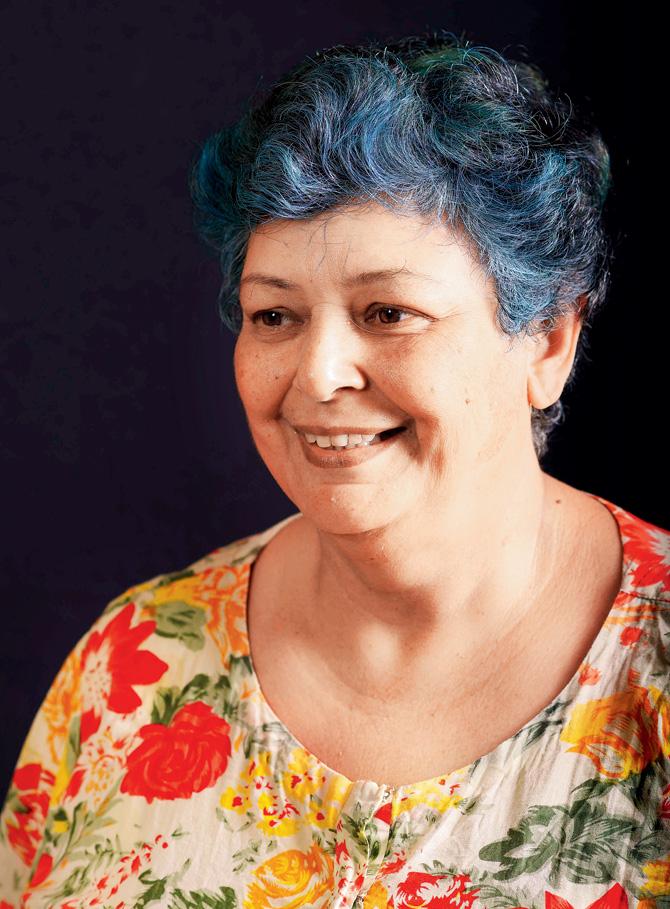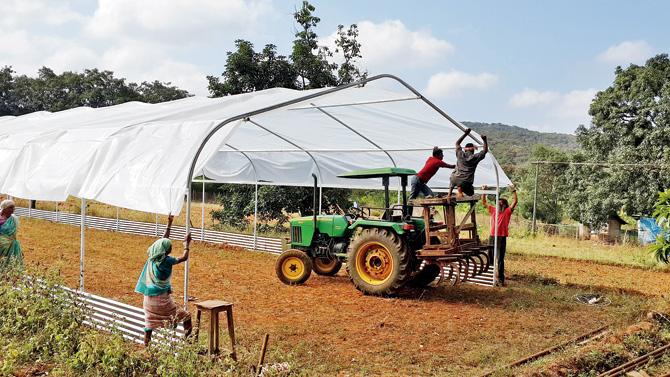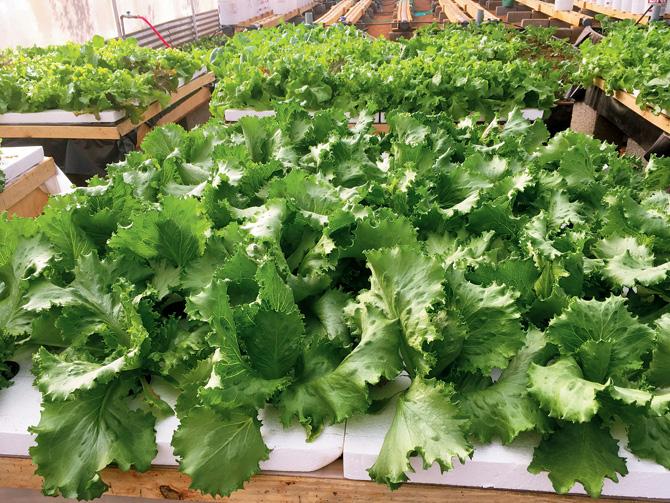Laced with recipes and vignettes of a life lived in provincial India, a new book by Morvarid Fernandez is a must-read for those who wish to start experimenting in the kitchen

 Aâu00c2u0080u00c2u0088young Morvarid in her mother Sheila’s arms along with her cousins and Ramu the elephant, outside her family home Krupalaya in Mysore
Aâu00c2u0080u00c2u0088young Morvarid in her mother Sheila’s arms along with her cousins and Ramu the elephant, outside her family home Krupalaya in Mysore
ADVERTISEMENT
While growing up in the 1960s and ’70s, Morvarid (Persian: pearl) Fernandez’s father, Farrokh Irani, would often monitor the amount of mustard that his children helped themselves to over dinner. He maintained that Mr Colman (the founder of the famous Colman’s mustard) was a wealthy man because most take far more mustard than needed. “And that’s true! Check the evidence on dinner plates after the party,” writes 61-year-old Fernandez in her debut book, ‘Seasoned’ For Family And Friends (Notion Press, '750). On another page, she states, “An old cookbook of my mother’s (Sheila) recommends that while roasting masala ingredients, the husband should be out of the house, ‘as the pungent odour of roasting red chillies causes a lot of sneezing and loose temper!’”
These vignettes from her life in provincial India, peppered with contemporary and old-world recipes of soups, salads, dips, pork, stir-fries, foogath, Iranian Khoresh and Anglo-Indian Brown Stew, comprise the thick but breezy 300-pager (also available in an e-book format) with illustrations by Annushka Hardikar. “I started writing years ago but, midway, my computer crashed and there was no back-up. It took me four years to rework and publish the book,” shares Fernandez over a call, while on a road trip through Gujarat with her husband, David. The couple and their daughter Katrina live on a farm in the jungles of the Western Ghats, roughly 45 kilometres from Belgaum, and run The Hermitage, an eco-lodge.
 Morvarid Fernandez
Morvarid Fernandez
Past forward
Born into an Irani family with Dutch and Irish lineage (on her maternal side), Fernandez spent her early years in a splendid, two-storied mansion called Krupalaya in Mysore, feasting on Anglo-Indian, Continental, Irani and Parsi fare made by their Tamilian cooks.
“The colonial hangover was still strong. So, most meals included Steak and Kidney Pie, Mashed Potato and Green Peas, and Mulligatawny. Even the meals at St Hilda’s (her boarding school in Ooty) were a mix of European and Indian food,” she reminisces, adding, “We lived in a different country then. The community life and no-strings-attached hospitality that my generation and the ones before that witnessed is missing now.” The book is speckled with the meals that Fernandez enjoyed in the homes of her relatives — from Fish Moilee to Oos Mir, an Iranian dish cooked by her fui (aunt), Nergis.
 The greenhouse at The Hermitage used for hydroponic cultivation of plants; (inset, right)âu00c2u0080u00c2u0088lettuce grown at the greenhouse with the help of this method
The greenhouse at The Hermitage used for hydroponic cultivation of plants; (inset, right)âu00c2u0080u00c2u0088lettuce grown at the greenhouse with the help of this method
Moving into the jungles
In 1980, after getting a Masters degree in Anthropology from Pune University, Fernandez got married when she was 24, and moved with her husband to rural India. “Back then, there wasn’t much pressure on being successful or wealthy. People in the villages led self-sufficient, isolated lives. It has been a wonderful experience,” shares Fernandez, whose tryst with cooking began then. “I didn’t enjoy it much. Every day, I would only make dal and rice on a stove. Figuring out quantities in every dish was a big challenge,” she admits.

The star ingredients
Over the years, as the family started growing its own herbs, vegetables and fruits — from potatoes and watermelon to sugarcane, chikoo and coconut — and hosting guests at the eco-lodge, Fernandez began her experiments in the kitchen. “I wanted to ensure that the guests got to eat food that they wouldn’t have had anywhere else. I would also source ingredients from families and friends living in other parts of the world,” she adds.
What emerged were creations where Kalamata olives and bamboo shoot found their way into pohe (flattened rice), and pecan nuts and pumpkin made a new-age foogath. “India has so many regional ingredients that end up being used only in traditional dishes. I wanted to give readers an idea of how to use them the way they want,” informs Fernandez. The family has also begun using the hydroponics method — growing plants in a greenhouse with added nutrients but no soil — to cultivate heirloom tomatoes and lettuce. “This is the best way to grow them, and they taste much better.”
 Subscribe today by clicking the link and stay updated with the latest news!" Click here!
Subscribe today by clicking the link and stay updated with the latest news!" Click here!






